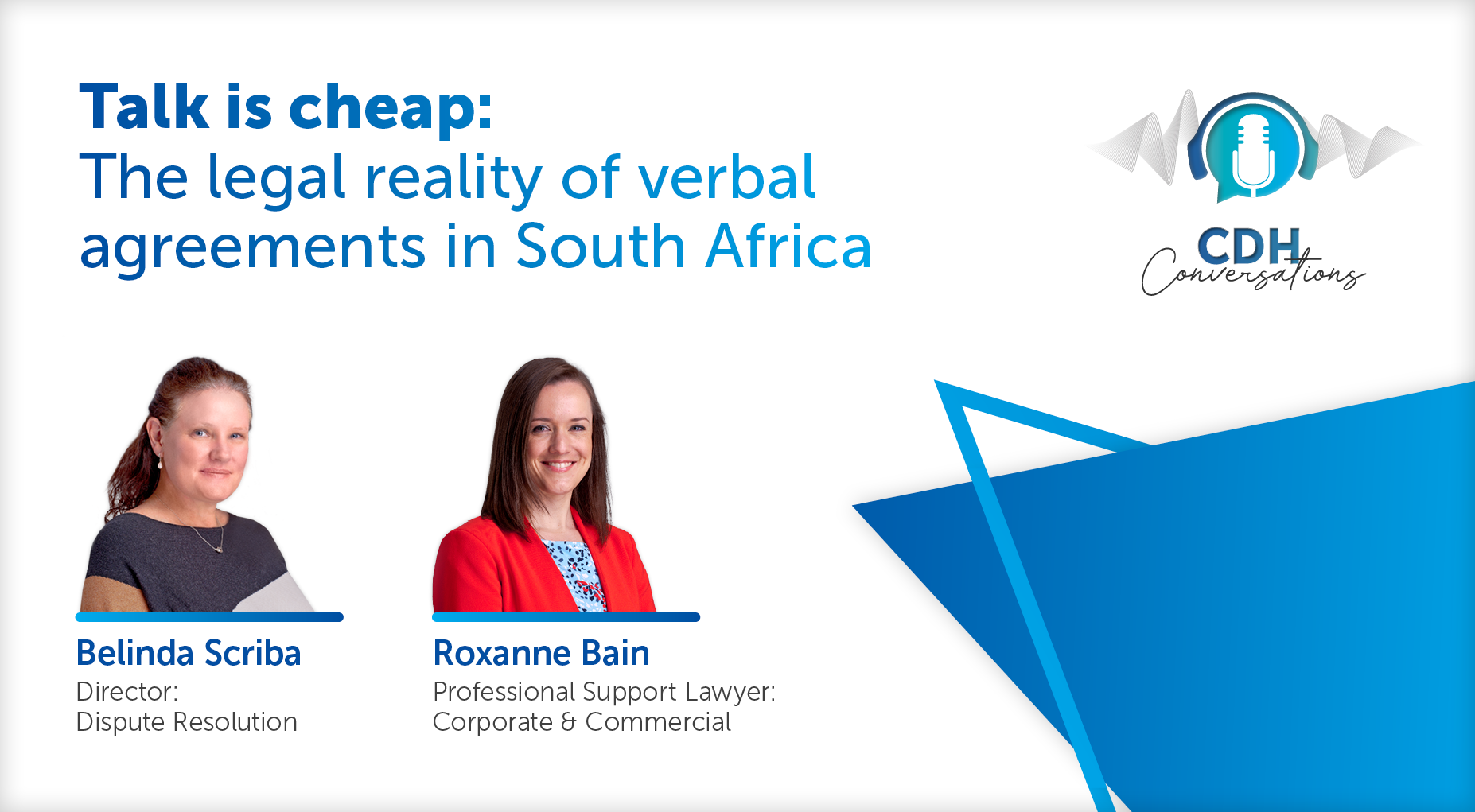Preferred or not preferred – the super preferent status of a business rescue practitioner in subsequent liquidation proceedings
In the court a quo, the BRP contended that s135(4) and s 43(5) of the Companies Act, No 61 of 1973 (Companies Act) provided that to the extent that the BRP’s remuneration and expenses are not fully paid, such claim would rank in priority before the claims of all other secured and unsecured creditors.
Section 135 of the Companies Act deals with post-commencement finance, which includes the BRP’s remuneration and expenses. The section provides that any remuneration or reimbursement for expenses which become due and payable by the company to an employee during the business rescue proceedings, but is not paid to the employee, will be regarded as post-commencement finance and will be paid in the order of preference set out in s135(3)(a).
Section 135(3)(a) provides the BRP with a preference over claims in respect of post-commencement finance irrespective of whether or not those claims are secured and a preference over all unsecured claims against the company. Should the business rescue proceedings be superseded by a liquidation order as contemplated in s135(4), the preference conferred in s135 will remain in force with the exception of any claims arising out of the cost of liquidation.
The SCA, in rejecting the BRP’s argument, stated that s135(4) provides:
To the BRP, after the conversion of business rescue proceedings into liquidation proceedings, no more than a preference in respect of his or her remuneration to claim against the free residue after the costs of liquidation but before claims of employees for post-commencement wages, of those who have provided other post-commencement finance, whether those claims were secured or not, and of any other unsecured creditors.
Simply put, the preference only operates within a limited context and should not be interpreted to include a preference over pre-business rescue secured creditors.
The court held that s135(4) and s143(5) of the Companies Act does not create a “super preference” as contended by the BRP. The effect of this is that a BRP would be considered a creditor of the company within the ambit of s44 of the Insolvency Act and would be required to submit and prove their claim in respect of their remuneration and expenses. The court held that there was nothing in the Companies Act indicating that it contemplated the dilution of the rights of any secured creditors. In essence, the claim by the BRP would be treated as an unsecured claim.
This should also be a cautionary note to lenders who furnish a company in financial distress with post-commencement finance without the necessary security as contemplated by s135(2)(a) of the Company Act (post-commencement financing being secured to the lender by utilising any asset of the company to the extent that it is not otherwise encumbered). Such an unsecured lender would not be considered a preferred creditor and will be afforded no more than a preference in respect of his or her claim against the free residue after the costs of liquidation. In short, such an unsecured lender will simply have a preferential right to payment over all unsecured creditors.
The information and material published on this website is provided for general purposes only and does not constitute legal advice. We make every effort to ensure that the content is updated regularly and to offer the most current and accurate information. Please consult one of our lawyers on any specific legal problem or matter. We accept no responsibility for any loss or damage, whether direct or consequential, which may arise from reliance on the information contained in these pages. Please refer to our full terms and conditions. Copyright © 2026 Cliffe Dekker Hofmeyr. All rights reserved. For permission to reproduce an article or publication, please contact us cliffedekkerhofmeyr@cdhlegal.com.
Subscribe
We support our clients’ strategic and operational needs by offering innovative, integrated and high quality thought leadership. To stay up to date on the latest legal developments that may potentially impact your business, subscribe to our alerts, seminar and webinar invitations.
Subscribe



